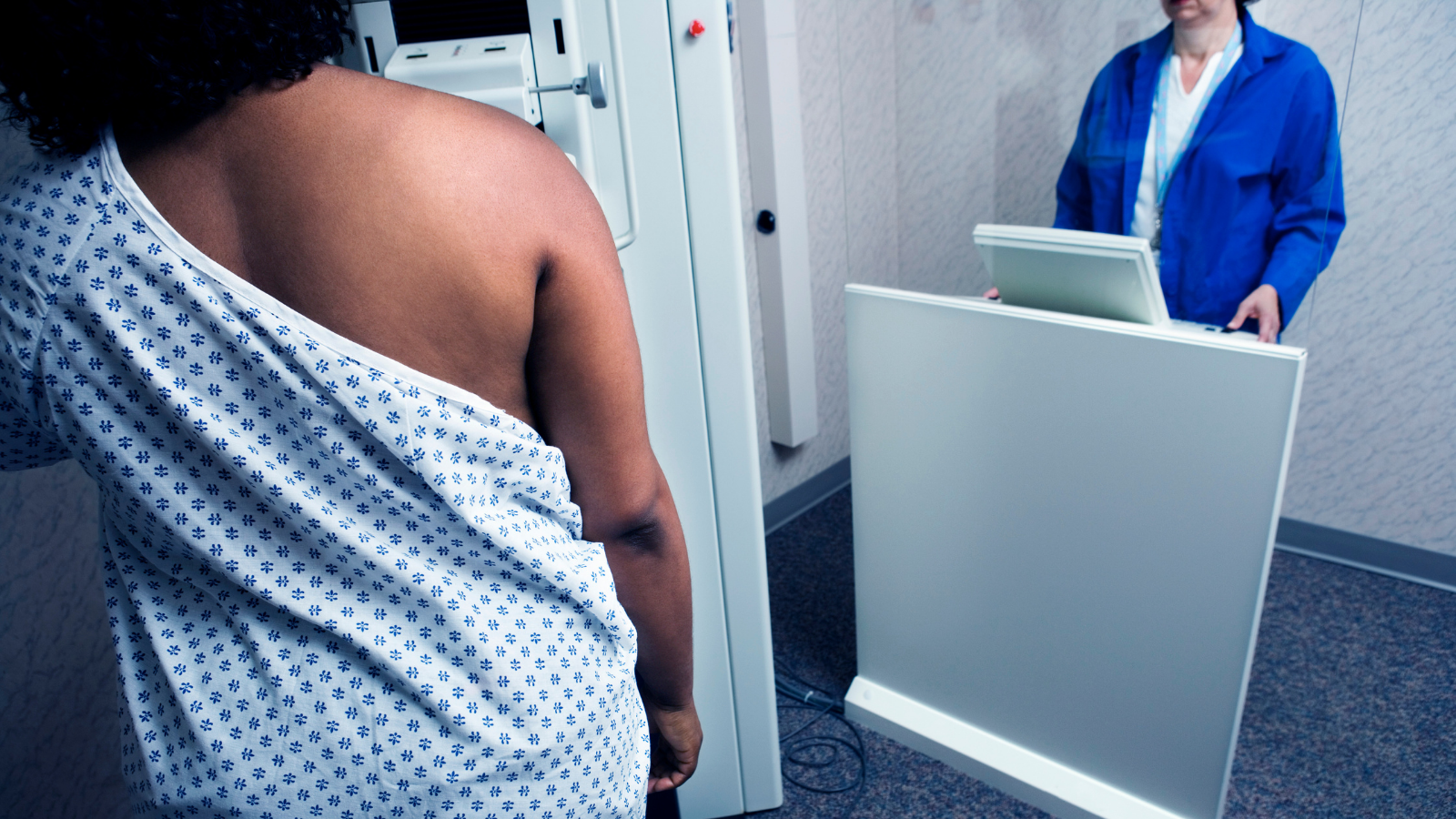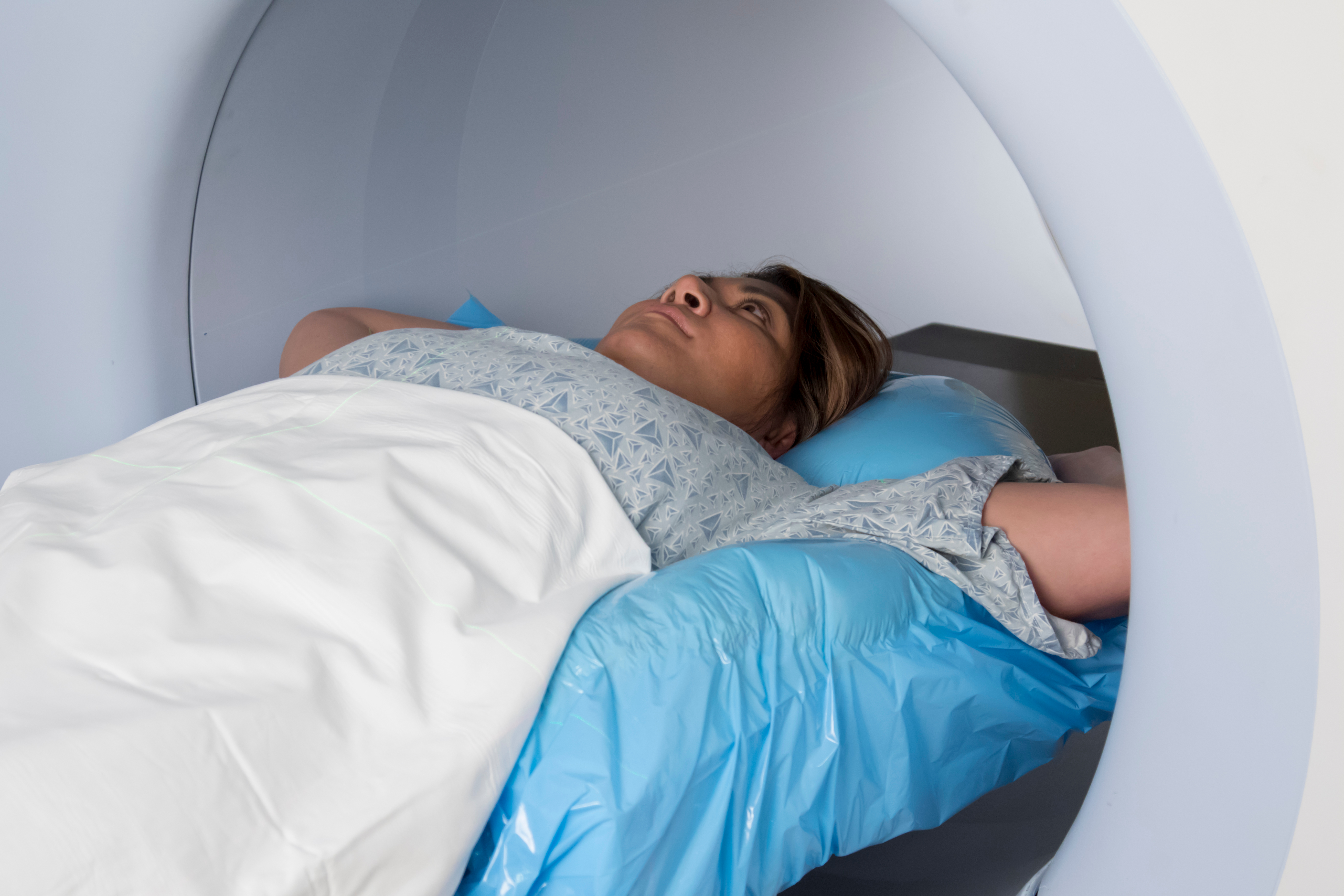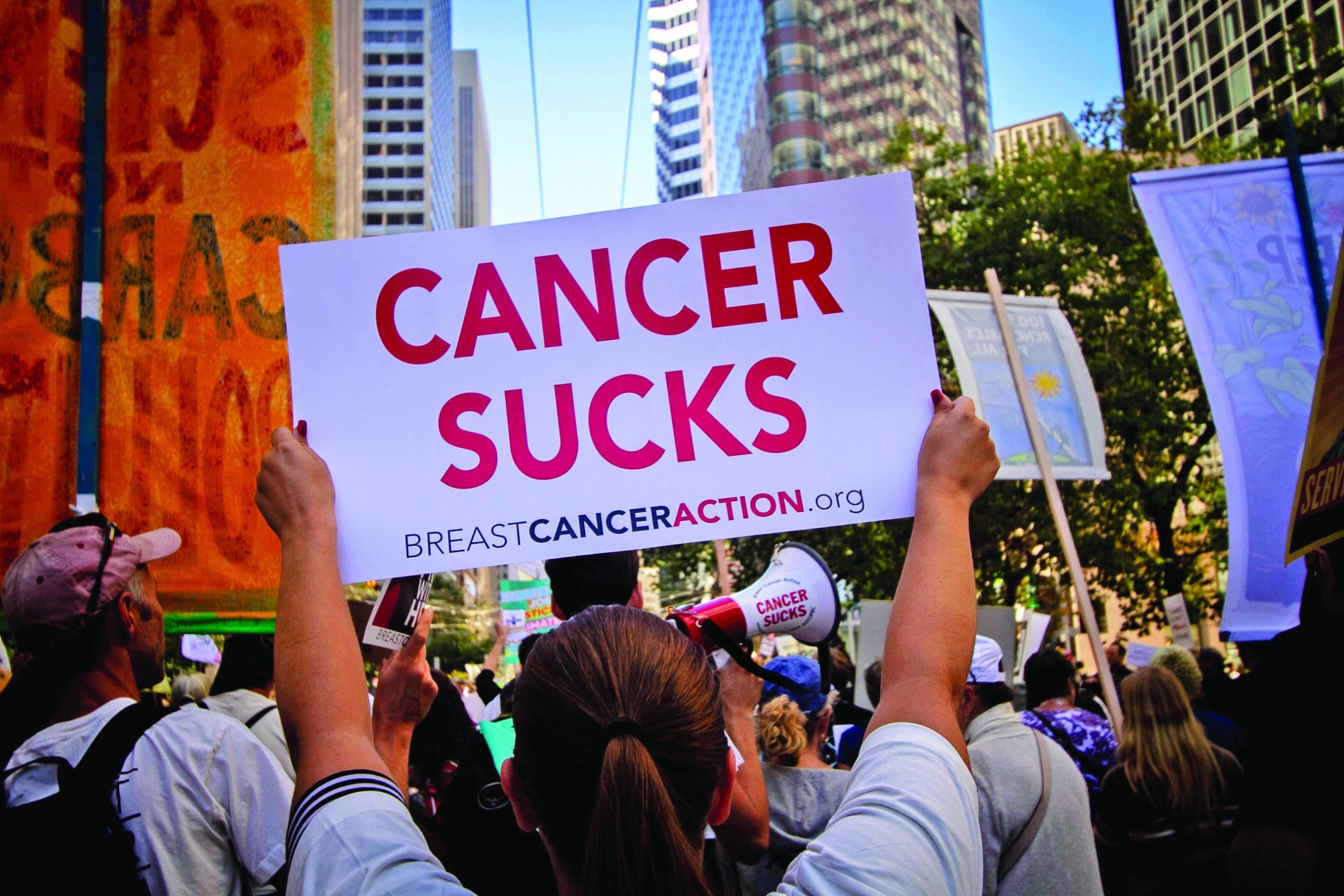All people deserve access to evidence-based, patient-centered information so they can fully engage in their healthcare decisions. Breast cancer research, treatment, and screening must be patient-centered and responsive to the needs of people at risk of and living with breast cancer, and should not reflect corporate or industry bias that puts profits over patients.
We are an unbiased and independent watchdog for your health. We see past the hype and evaluate and report on developments in breast cancer treatment and screening by examining data from an unbiased patient perspective. We provide critical takes on topics such as healthcare access; drug and device approval; and more effective, less costly, and less toxic treatments.
In addition to the patient-centered resources that we produce, through our free Information & Resource service, we provide unbiased information about breast cancer to anyone who needs it. You can correspond with a knowledgeable staff member so that you can make informed decisions about your healthcare, based on your personal values and priorities.
Whether you need help understanding the treatment options for DCIS, want to know what studies say about aromatase inhibitors, or have a question about environmental links to breast cancer, we’re here to give you evidence-based information you can trust when you and those you love are affected by this disease.
Our Toolkit to Navigate Breast Cancer is our free resource that provides information and tools for those who are newly diagnosed, their caregivers, and anyone who wants to know more about breast cancer.
We also understand that a cancer diagnosis can impact a person on many levels and in many ways. Services have been established to provide financial and emotional support, legal counseling, and additional information. Because finding these limited resources can seem like a daunting task, we maintain a list of programs that provide assistance if you fall within their guidelines and can share a personalized list of these resources through our Information and Resources services.
If you have questions or need information, please send an email to info@bcaction.org or give us a call at 415.243.9301.


